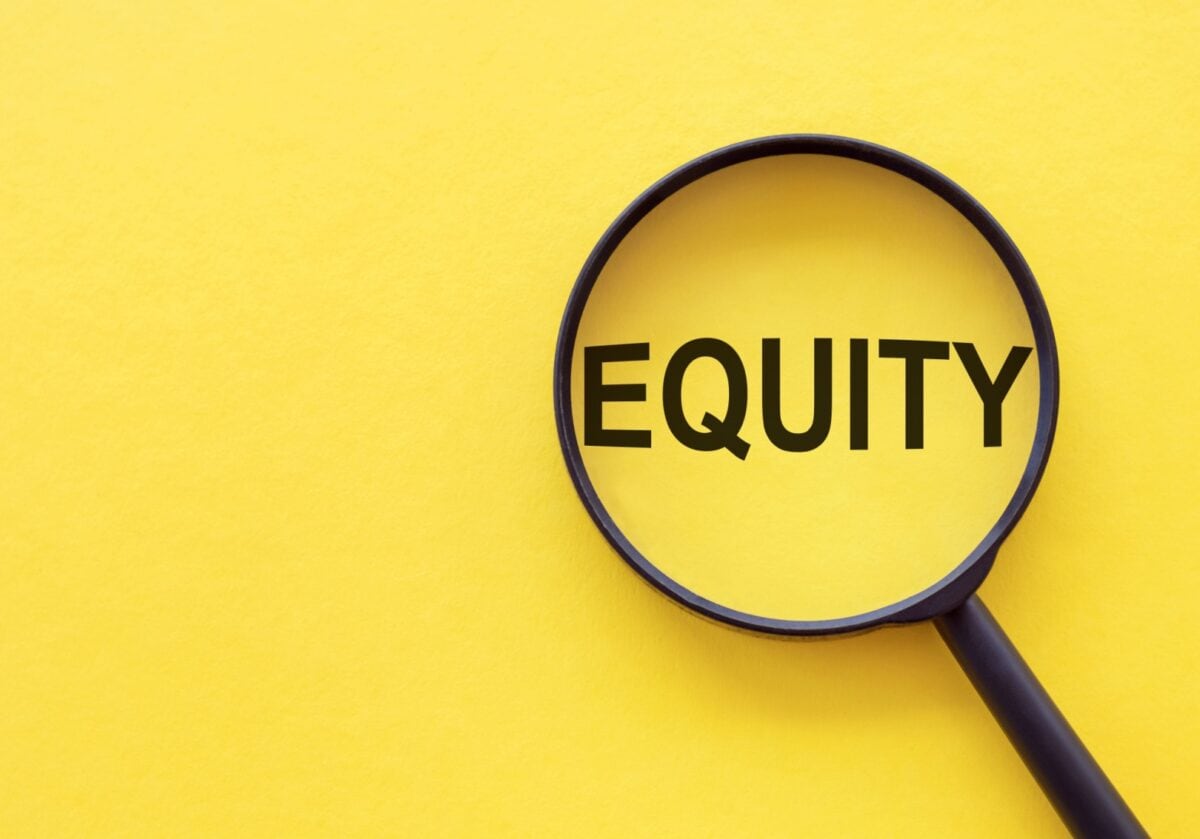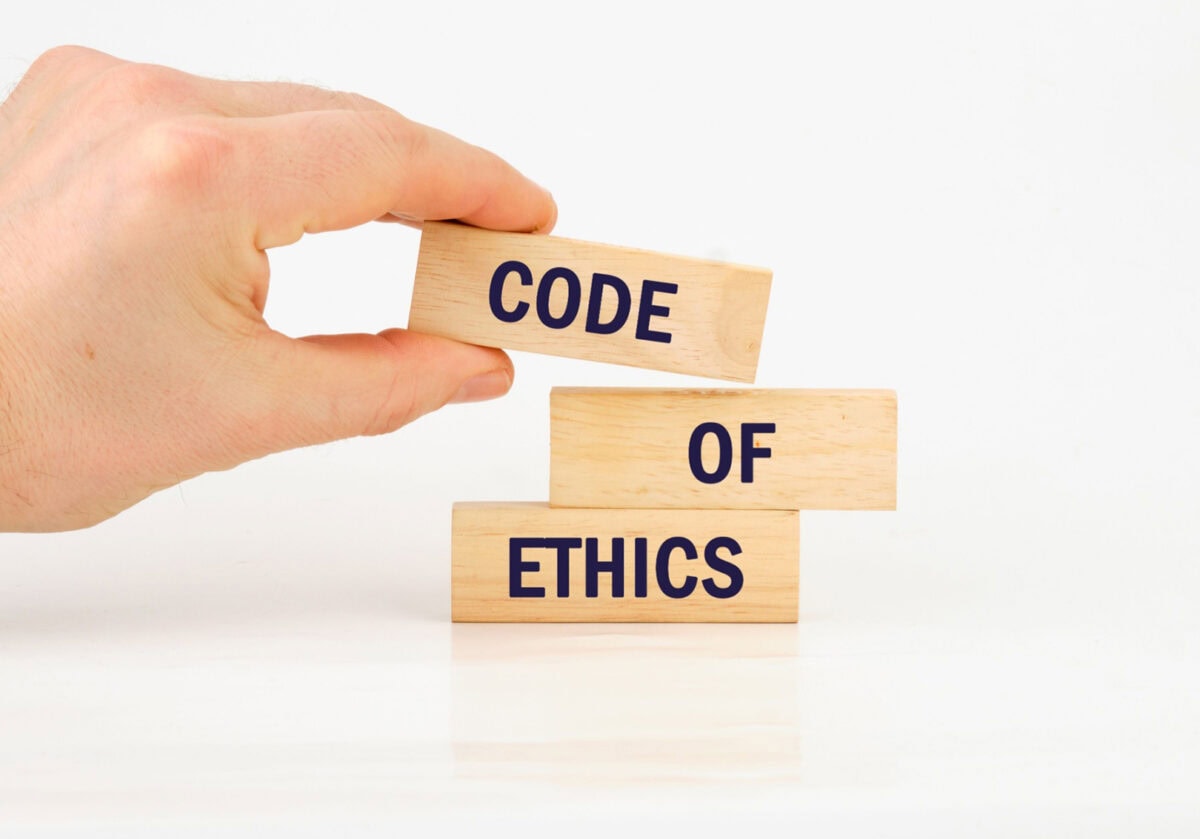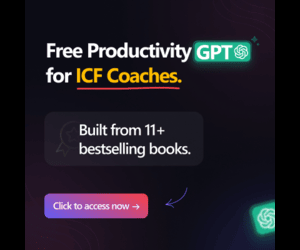Coaching is about questioning our current perspective and integrating new ones for the sake of advancing ourselves and all of humanity. We are creators and when we touch our moments of decision with clarity and purpose, we can manifest a different world. Accessing this clarity and purpose takes courage and self-compassion. Transformational coaching makes that clarity possible because it shifts us from self-condemnation to empowerment.
Our practice and research points to three levels of awareness that clients experience on their journey from self-condemnation to empowerment. This article describes these three levels and illustrates them through the experience of a composite client case study. We hope our framework of leadership empowerment offers insight for coaches and clients alike in our current moment of global transformation.
Giorgio, Global Financial Specialist
Giorgio has effectively turned around a portfolio in record time. His company wanted to scale his success by supporting him to grow from a star specialist to a star leader. Giorgio and his manager agreed that the promotion would require significant growth. Therefore, leadership coaching was recommended.
Level 1
The coach creates the space for the client to tell their stories and holds the space for the client to see their dilemma outside of themselves. This supports the client to notice the starting point of their learning journey.
The client begins from their current level of consciousness. This is the first step in exploring the connection between their inner narratives and their behaviors.
Giorgio shares, “…people frustrate me, they don’t work hard enough, nobody wants to make the same effort I am making, and the stakes are too high for me to delegate.” At this level of coaching, Giorgio becomes aware that he is stuck as a leader.
Level 2
The coach deepens and holds the space for the client to shift their attention to themselves. The coach’s connection with the client creates a mirror that allows them to consider how their emotions and beliefs serve them or get in their way.
The client explores their self-limiting stories. These are the stories of self-judgement and fears of inadequacy. At this point, the client experiences their epiphany about what’s really getting in their way.
In this part of the process, Giorgio moves from frustration about others to sadness and fear about himself: “I should be inspiring people, but I’m not the kind of leader who has deep emotional conversations. I’m afraid to fail as a leader.”
In this phase, Giorgio starts to realize that his own self-condemnation, and not others, is his true obstacle. For the first time he sees these stories as separate from himself and that he can choose to believe or not, which leads to an immediate feeling of lightness.
Level 3
The coach trusts that this level can happen at any moment. We are emotional instruments, and we can sense the shift in energy. In this space, we are witnessing the experience of transformative awareness. Our job is to use our intuition and support the client to trust and embrace what comes.
The client, in this moment sees those stories melting away to reveal a deeper truth that is their essence. This is a moment where thinking stops, feeling takes over and transformation happens. The client is empowered to experiment with new ways of being. This supports the development of new behaviors that, over time, will become new habits.
At the beginning of one session, Giorgio says with a smile, “I realized it is OK not to be an extrovert inspirational leader. I can develop skills in this area while I embrace the strengths of being a quiet, caring leader.” Later in the session, he says, “As I accept and evolve myself, I also accept others.”
Giorgio’s growth accelerates, and he is promoted. Eventually, he triples the size of his team and doubles the value of their portfolio.
A Journey from Self-condemnation to Empowerment
Carl Jung wrote that “We cannot change anything unless we accept it. Condemnation does not liberate; it oppresses.” Evolving as human beings is about traveling through challenging realities and inner narratives and finding new perspectives to feel empowered again.
The transformational coaching journey is a circuitous path driven by the energy and emotions of the coach and client. The outcome we seek for our clients is the growth of new neural pathways that replace self-limiting habits with productive ones. Self-awareness is both the catalyst of the journey and the foundation to which the client returns again and again for motivation and direction. These three levels of awareness are our attempt to articulate a process for reaching that outcome, which can often feel to client and coach alike to be a magical one.
Disclaimer
The views and opinions expressed in guest posts featured on this blog are those of the author and do not necessarily reflect the opinions and views of the International Coach Federation (ICF). The publication of a guest post on the ICF Blog does not equate to an ICF endorsement or guarantee of the products or services provided by the author.
Additionally, for the purpose of full disclosure and as a disclaimer of liability, this content was possibly generated using the assistance of an AI program. Its contents, either in whole or in part, have been reviewed and revised by a human. Nevertheless, the reader/user is responsible for verifying the information presented and should not rely upon this article or post as providing any specific professional advice or counsel. Its contents are provided “as is,” and ICF makes no representations or warranties as to its accuracy or completeness and to the fullest extent permitted by applicable law specifically disclaims any and all liability for any damages or injuries resulting from use of or reliance thereupon.
Post Type
Blog
Audience Type
Coach Educators, Experienced Coaches, External Coaches, ICF Chapter Leaders, Internal Coaches, New Coaches, Professional Coaches, Team and Group Coaches
Topic
Coaching Toolbox, Discover - Your Coaching Career
Related Posts
What an Equity Assessment Taught Us About Credentialing — and Why It Matters
At the heart of ICF’s credentialing philosophy is a simple but powerful…
DIVE IN Goals™: A Powerful Alternative to SMART Goal Setting
Unlike SMART goals, which emphasize structure and measurable success, DIVE IN Goals™…
What You Need to Know About the 2025 ICF Code of Ethics
An updated ICF Code of Ethics went into effect on April 1.…









